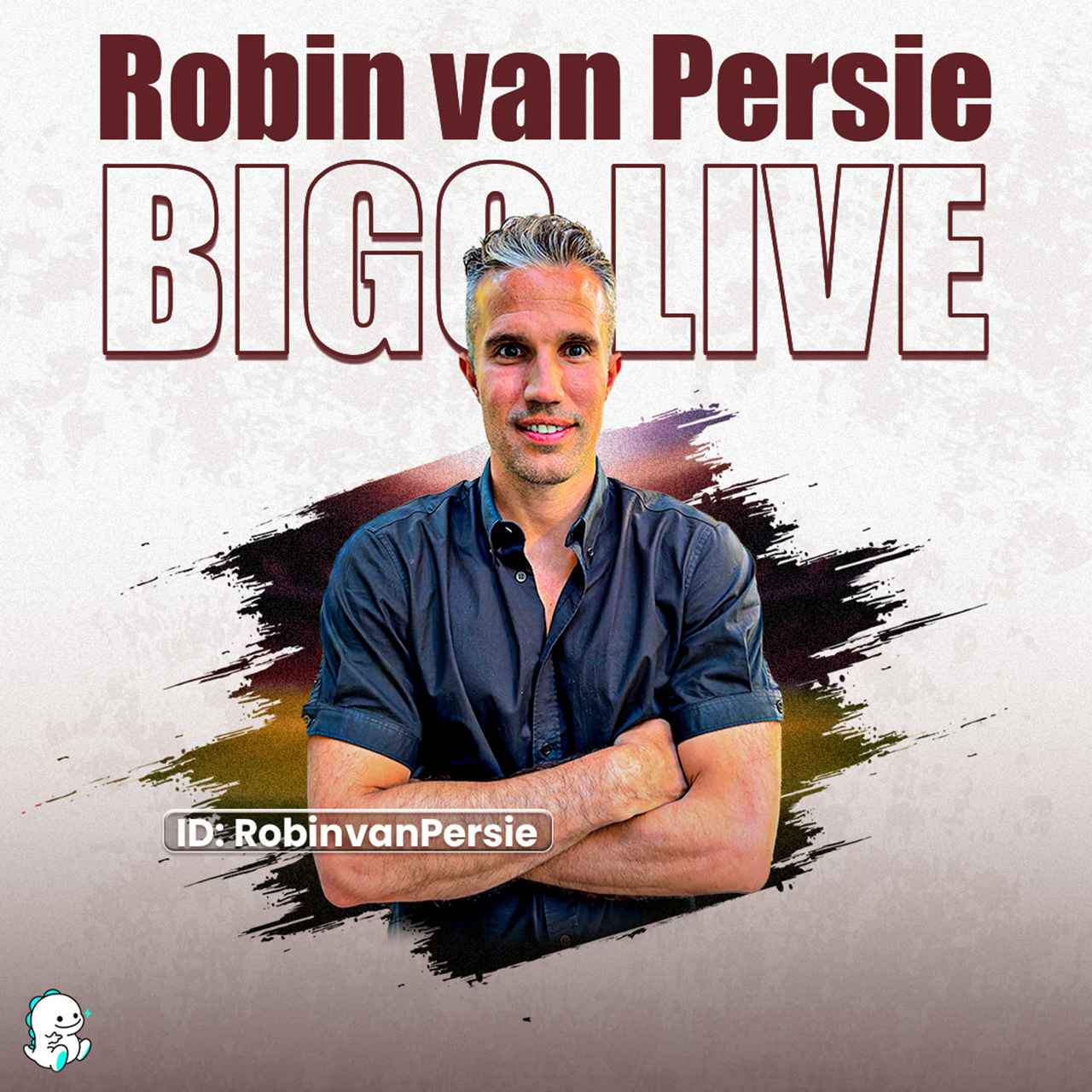“If you had told me a year ago that I’d be making money by streaming globally, talking to people online, I would have laughed. I would have been like, ‘Me? Absolutely no chance.'” Thirty-one-year-old Peggy Ahmadi Dehkiani is generally quite shy. Her Instagram profile is private, and before last year she’d never considered broadcasting any part of her life online.
“I’ve lived in London for six years and had always worked in an office-based job,” says Peggy. Then the coronavirus pandemic hit. At the beginning of the first lockdown, she was made redundant. “Like a lot of people, I was looking for work when I saw a friend’s Instagram story saying, ‘If you want to make some money from the comfort of your own home, get in touch now.’ So I did.” Peggy’s friend introduced her to a talent manager who was scouting for livestreamers to work on a Singaporean platform called BIGO Live.
Livestreaming – where hosts go ‘live’ to chat, perform and interact with commenters who send tips and donations in real time – has long been popular in Asia, particularly China, where the audience for livestreams grew to almost 560 million in 2020.
Most streamers have their niche – some are singers, others dance or do makeup, though arguably the beauty of the medium is that it gives viewers unfiltered access to a streamer’s life – and beyond showcasing any particular talent, the most popular streamers seem to share a knack for storytelling (it is no mean feat to fill hours with off-the-cuff anecdotes and small talk; to do it well enough to be tipped up to $250 by any one viewer is a true skill). Bloomberg recently a growing trend of Chinese farmers livestreaming their bucolic routines. Journalist Selina Xu wrote: “More than 100,000 farmers streamed 2.52 million sessions on Alibaba Group’s Taobao Live [China’s biggest streaming platform] in the year ended in March … livestreamers say the secret to success is … the entertainment of watching unique rustic personalities.”
When I download the app to see for myself, I find that BIGO borders on overstimulating. Think of it as Tokyo’s Shibuya Crossing in digital form – thousands of people talking at once, their faces overlaid with flashing cartoons and symbols, rolling feeds of text conversation and gifts pinging across the screen. You can slide into any livestream and follow the streamers that you like. Then, much like Instagram, the app sends you a notification whenever the streamer goes live.
Peggy generally does ‘getting ready for the day’ makeup streams (“I’m a trained makeup artist,” she explains) and what she calls ‘storytimes’. “I try to create a narrative in my streams so that people keep coming back – I want it to be entertaining and interesting for my viewers otherwise what’s the point?” she says. “Sometimes I cook in front of the camera or I go out with my friends and just have my phone streaming it all. It’s like Gogglebox, people like to watch other people.”
“I didn’t even know what livestreaming was, really,” Peggy says. “But the agency was offering a flat fee of around £400 if I completed 30 hours of streaming and reached a certain threshold in tips each month… Any tips that I earned on top of that I would get to keep.”
In her first month Peggy made just over the minimum flat fee. “I think I got around £600,” she explains. In her second month she made £1,500; in her third, £2,000. “I didn’t realise it would build up so quickly,” she says.
For 22-year-old Nicole Carter, livestreaming has proven to be a lifeline after her music career was derailed by COVID. “I always wanted to be a pop star, as cliche as it sounds. I still do,” she smiles. Like Peggy she was approached by an agent who was recruiting livestreamers for BIGO. “I’d quit my full-time job to join a girl band but then the band fell apart and I was completely devastated. When BIGO came along [in November last year], that became my new focus.” Now livestreaming is her only job and she streams for up to four hours a day, six days a week.
“I see it as virtual busking,” she says. “I now have around 35,000 fans on the app, who are from all over the world. Singing is my main focus so I try to do that most days, though sometimes I just laugh and joke, I dance or do handstands – they find it funny if I make a fool out of myself.” Like Peggy, Nicole can earn anything between £200 and £2,000 a month in tips. A successful stream leaves her on a high, she tells me. “You feel on top of the world, you feel accomplished and loved by everyone.”
I now have around 35,000 fans from all over the world. Singing is my main focus so I try to do that most days, though sometimes I just laugh and joke, I dance or do handstands – they find it funny if I make a fool out of myself.
NICOLE, 22
Before the pandemic, livestreaming had gained relatively little traction in Western markets. “I think that’s because, up until recently, there hasn’t been a platform where the sole focus is livestreaming,” says Jessica Varia, an agent for AM Agency, a talent management company which represents broadcasters like Peggy and Nicole.
Two years ago AM was contracted by BIGO to recruit and train UK-based livestreamers who would draw more Brits (and Westerners in general) to the platform.
“Platforms like Instagram and TikTok, where you can livestream if you want to, were mainly established for other purposes,” Jessica adds. “There’s Twitch, but that’s very gaming-focused.” Though BIGO also has a gaming section, Jessica argues, it promotes streamers from multiple disciplines whose content might focus on anything from what they ate today to dance routines or mental health. “So it’s quite different and much more diverse than just gaming.”
It is a testament to the growing popularity of the medium that it supports an ecosystem of agencies, like the one Jessica works for. “We scout the hosts,” explains Jessica. “Sign them up, audition them, train them and basically guide them throughout. It’s been really successful… We’ve signed up quite a lot of people.”
Sign-ups skyrocketed during lockdown last year, Jessica adds, “because, of course, people were out of jobs and at home very bored. And this is an amazing opportunity. You get to work from home, to livestream and also get paid for it. It’s a good app to kickstart a career in social media.”
Source: https://www.refinery29.com/en-gb/make-money-live-streaming





